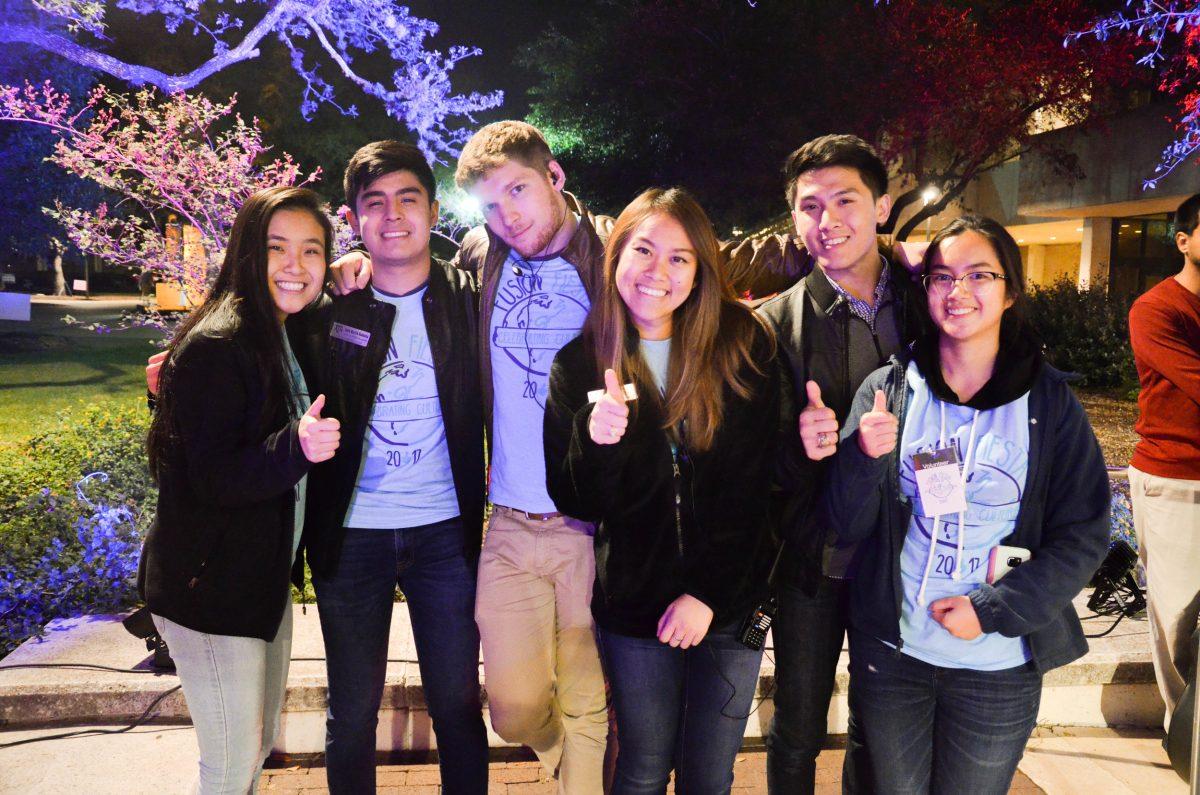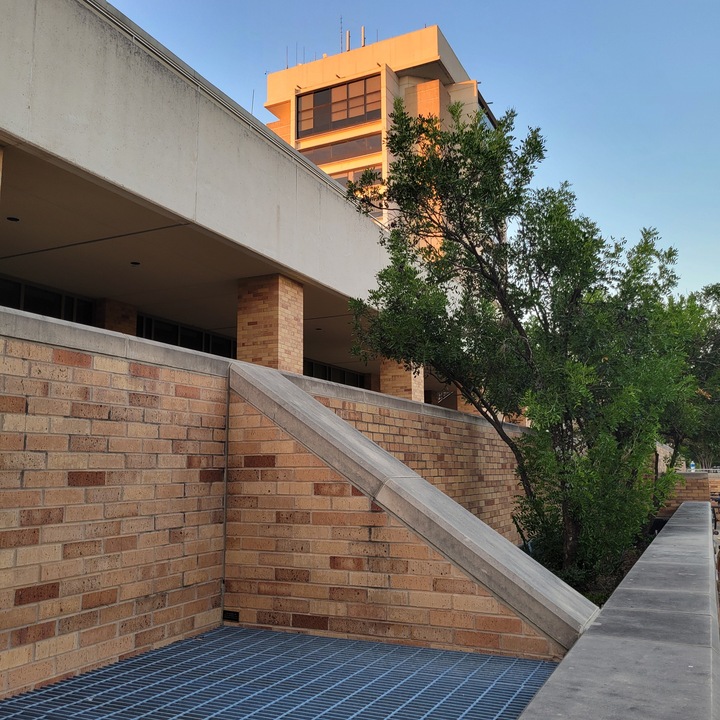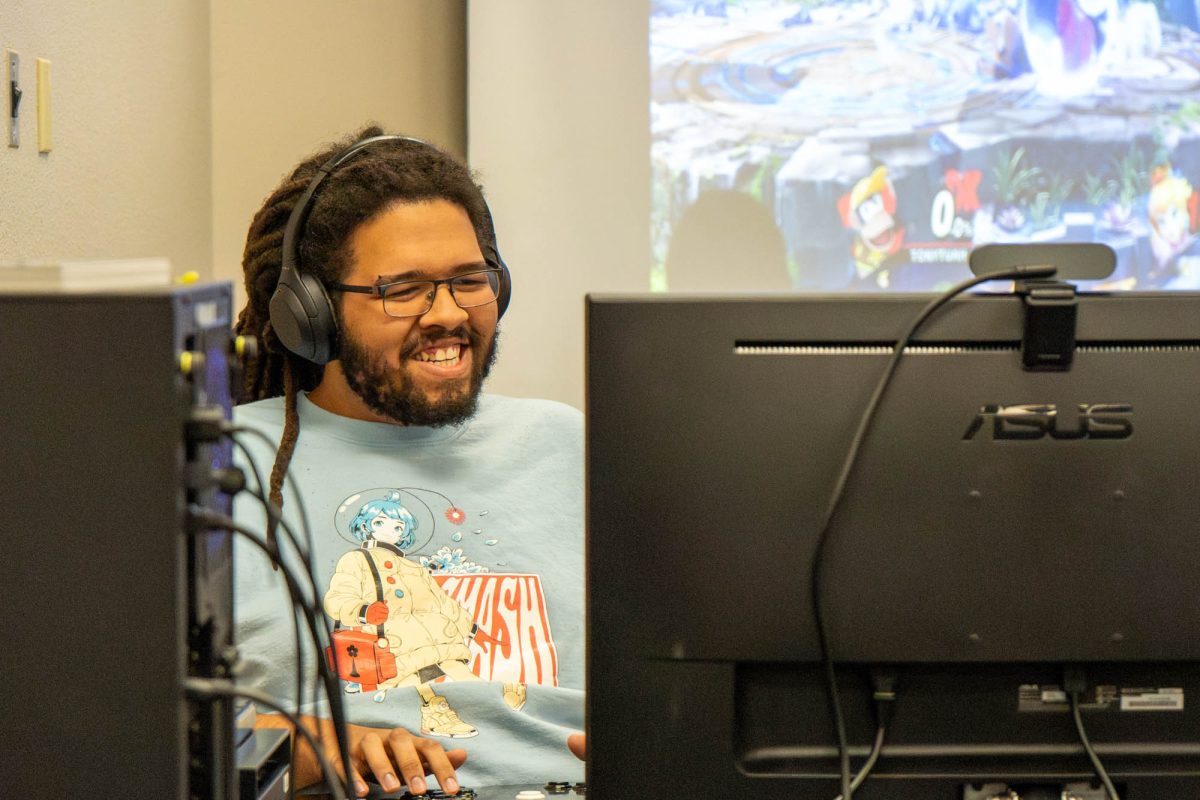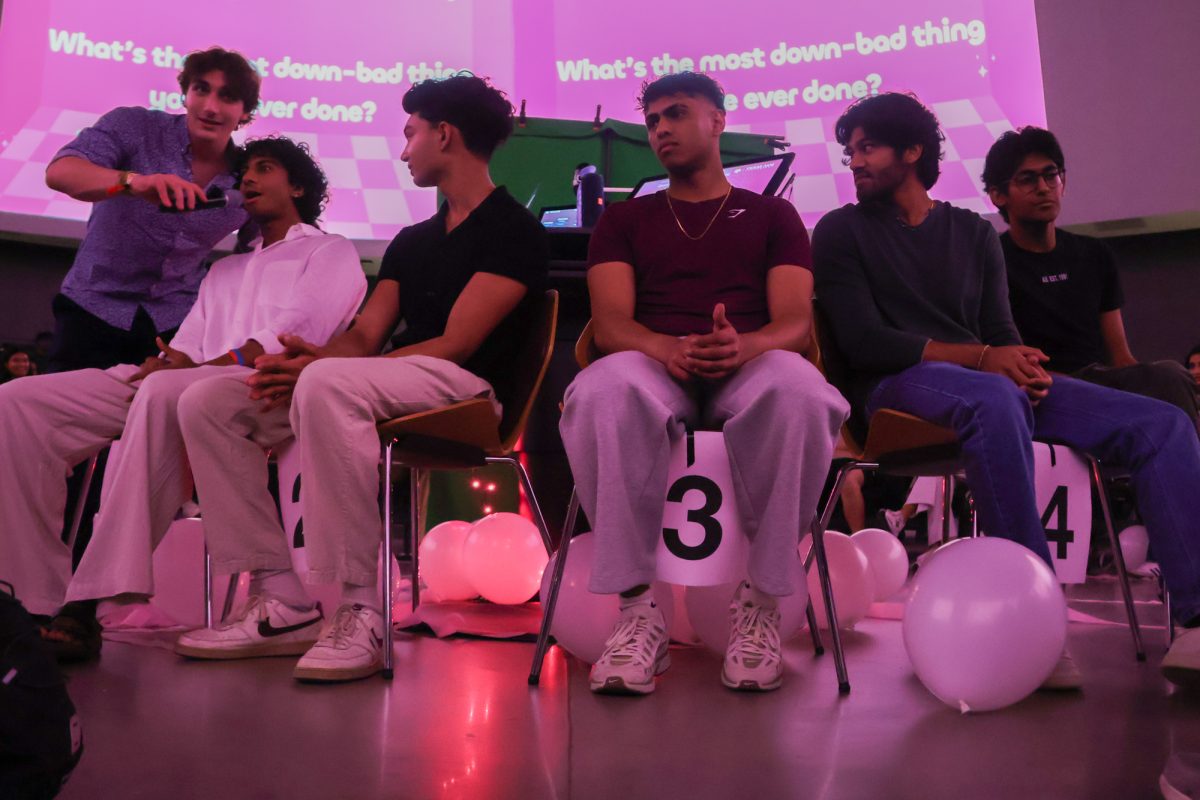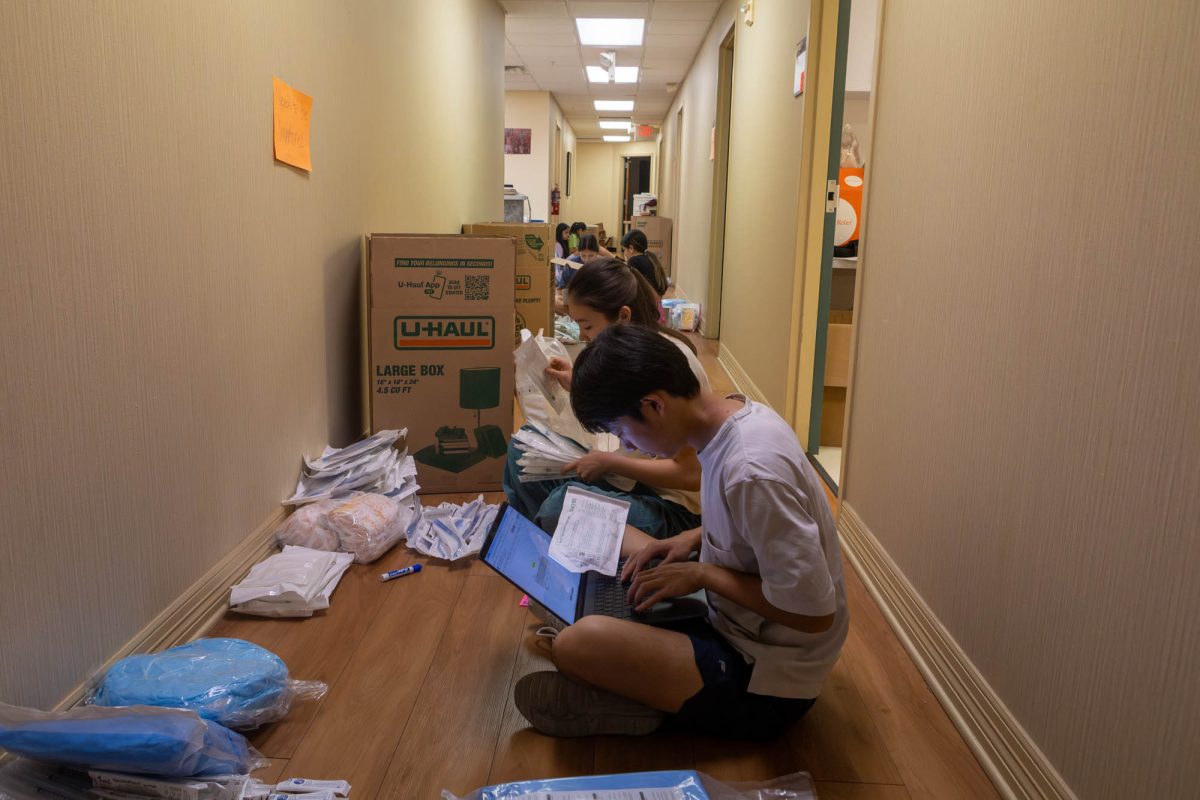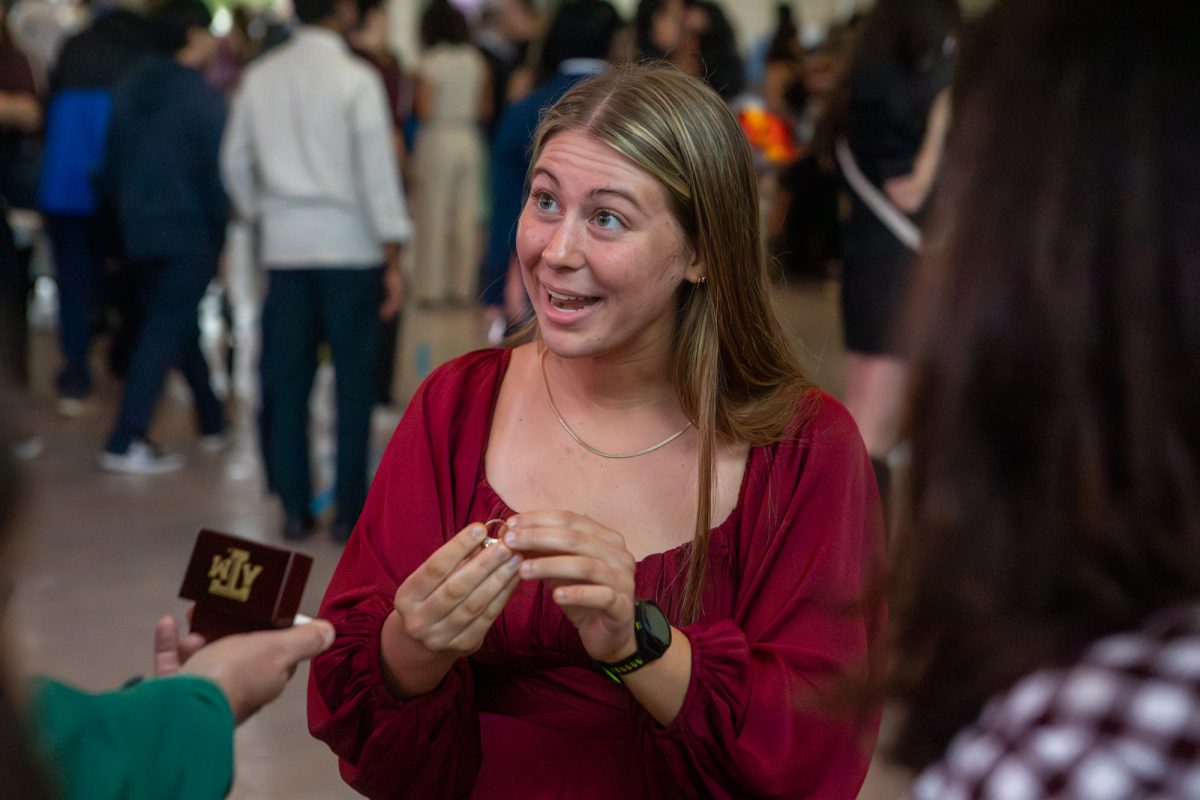In light of the recent anti-Asian attacks in Atlanta, Asian Pacific Islander Desi American, or APIDA, students reflect and give insight into their personal experiences growing up as members of this marginalized community.
On March 16, a series of shootings occurred at three massage parlors in Atlanta. The rampage killed eight people, six of whom were Asian. While authorities state the motivations of the suspect are still unknown, many believe the incident was an anti-Asian hate crime.
Texas A&M’s Asian Presidents’ Council, or APC, President Ritika Gangarapu said she believes the March 16 rampage was a racially motivated hate crime. The police statement that the shooter’s motivations were derived from a “sex addiction” calls for the public to empathize with the shooter, Gangarapu said.
“[Law enforcement stating] the shooter ‘had a bad day’ left a very poor taste in my mouth,” Gangarapu said. “The shooting demonstrated how dangerous the stereotypes surrounding Asian women can be. In the media, Asian women are often sexualized and seen as meek and subservient individuals with no sense of self. This can make it really easy for others to dehumanize them.”
Despite growing up in a predominantly white neighborhood, Gangarapu said her family ensured she was involved in her local Indian community. Since coming to A&M, Gangarapu said she has met many people who have helped further her journey in developing a stronger sense of self and growing her cultural identity.
“I grew up listening to people mocking Indian accents, making fun of ethnic foods and calling me a terrorist,” Gangarapu said. “Since coming to Texas A&M, the discrimination I’ve faced is more subtle but still prevalent. I’ve had people comment on how good my English is and been in classes where students have mocked my [teaching assistant]’s accent.”
These instances, along with the feeling of constant pressure to meet peer expectations of being the model minority student, have had a negative effect on her mental health, Gangarapu said.
International studies sophomore and APC intern Stella Lee said the recent shooting heightened her fears and anxieties of being an APIDA woman. She said the “sex addiction” comment augments the constant degrading rhetoric from racially dominant groups about the APIDA community.
“Having an Asian community through APC means that I can help others embrace the APIDA community present on campus,” Lee said. “The contrast from high school to college can be a big jump, but having APC and the APIDA community [at A&M] feels like I can have my home community with me as I go through tough times.”
APC’s presence at A&M is significant because the council can make direct changes and movements toward the growth and development of the university’s APIDA community, Lee said. Through APC, Lee said the APIDA community has become more united as they collectively learn the importance of understanding the challenges and prejudices their community faces.
“A&M can benefit from having a bigger, more diverse APIDA community,” Lee said. “The APIDA community is vast in its own cultural subsets. I believe it may be difficult for A&M to expand its AAPI population due to the lack of resources that exist for the group. To draw more APIDA students in, A&M should work on recognizing the community and work to provide more for us.”
Biomedical sciences junior Megan Lopez, APC external vice president, said she doesn’t think A&M has done its best at giving the APIDA community the guidance and resources it needs. Lopez said she wants purposeful cultural conversations on campus and for A&M to provide the space to educate about the disparities between APIDA students’ backgrounds.
“It’s already a difficult task to unite the APIDA organizations on campus considering our diverse backgrounds,” Lopez said. “Asking to expand our numbers puts a heavier burden on a foundation we are still trying to create. I don’t particularly care about the overall [APIDA percentage] of our school, as long as each individual finds their second home in some of our APIDA organizations.”
Asian American student leaders reflect on Atlanta spa shootings
March 31, 2021
Photo by PROVDIED
After a series of March 16 shootings occurred, APIDA students at Texas A&M take time to reflect on their personal experiences growing up in an Asian community.
0
Donate to The Battalion
$2790
$5000
Contributed
Our Goal
Your donation will support the student journalists of Texas A&M University - College Station. Your contribution will allow us to purchase equipment and cover our annual website hosting costs, in addition to paying freelance staffers for their work, travel costs for coverage and more!
More to Discover




